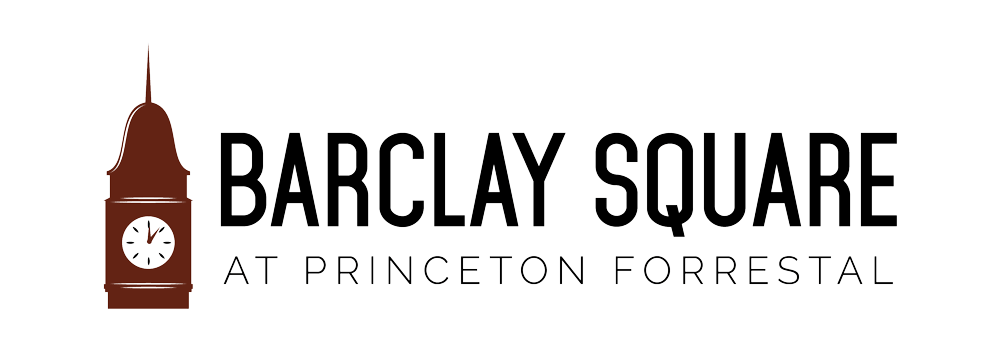Resources to Help You Become a Better Writer
Are you a writer? Are you unsure?
According to the Merriam-Webster dictionary, ‘a writer is someone who writes.’
Congratulations! You’re a writer!
Now, are you a good writer? Well, maybe.
But any writer will tell you that you can definitely be a better writer.
Even best-selling authors are continuously working toward improving their art.
The big question…how do you become a better writer?
The answer is simple.

Read. Write. Repeat.
If you want to be a better writer, then you must write.
Every day.
And you must be dedicated to improving.
Start with understanding the basic principles of writing. Hit the bookstore and get yourself a copy of “The Elements of Style” by Strunk and White.
You should own this little book in paperback form. That way, you can shove it in your pocket, dog-ear it, highlight the important parts (basically, all of it), and have it on hand when you want to brush up on your grammar.
With grammar in mind, check out Grammar Girl. Both books and websites are available to help answer your questions.
There are additional websites to help improve your grammar if you find that’s one of your weak points.
“Short” and “simple” should be two of your favorite words:
- Short sentences
- Easier to read
- They make a more significant impact
- Short paragraphs
- They’re not overwhelming
- Visually appealing
- Clear and concise
- Choose the simple word
- Easier to understand
Try to use “active voice” as much as possible in your writing.
- Active voice – the subject performs the action
- Passive voice – the subject receives the action
Describe the action by showing what happened, not telling.
Do not despair…there is an endless cycle to writing:
Writing is a continuous cycle – that you will sometimes love and other times…well, you won’t. It often goes something like this:
- Love it
- Hate it
- Rewrite
- Still hate it
- Rewrite
- Not so bad
- Rewrite
- Is it getting better or worse?
- Rewrite
- I think this works
- Rewrite
- Nope
- Start again
If you’re looking for feedback, and you should, find a writing partner or join a critique group.
Of course, writing is essential. But so is reading.
Read pieces from writers you admire.
When you read their work, pay attention to style, sentence structures, flow, and ‘voice.’ It’s helpful if you read material similar to what you write.
“I understand style, sentence structures, and flow, but what’s ‘voice’?” you ask.
Good question.
Every writer has a writing style that’s unique to them. It’s their ‘voice.’ To ensure authentic-sounding writing, use your voice.
If you’re unsure of your voice, check out this website.
Editing – one of the hardest and most daunting parts of writing.
- “Kill your darlings.” – This is a phrase you should know when it comes to writing.
- To be honest, it’s as terrible as it sounds. But it makes a huge difference.
- Don’t be nice about it. Take a red pen to your incredible writing and have no mercy.
- Don’t be surprised…you’ll spend more time rewriting than writing your original piece.
There are four types of writing styles to keep in mind.
Make sure you know what writing style is needed for the occasion.
- Expository – shares facts and information
- Newspaper articles
- Academic writing
- Purdue OWL is an extremely popular website
- Business writing
- Descriptive – paints a picture with words
- Poetry
- Journalism
- Narrative – creative writing that tells a story
- Fiction
- Poetry
- Anecdotes
- Persuasive – convinces someone of your point of view
- Opinion pieces
- Advertising
- Job applications
There are numerous resources to help improve your writing.
- Books
- Websites and online resources
- Audiobooks
- TED Talks
- Attend workshops and classes
If publication is your goal, there are many opportunities. Don’t be afraid to put yourself out there.
And, in case you’re curious, turning writing into a job is always a possibility.
“This is how you do it: you sit down at the keyboard and you put one word after another until it’s done. It’s that easy, and that hard.” ~Neil Gaiman








